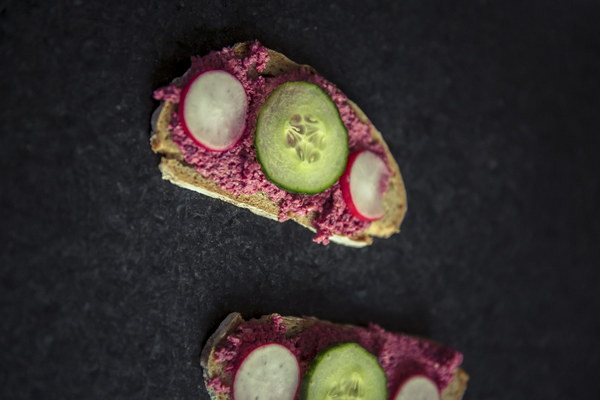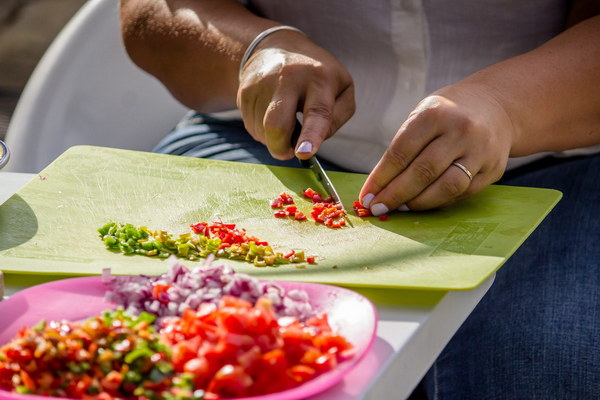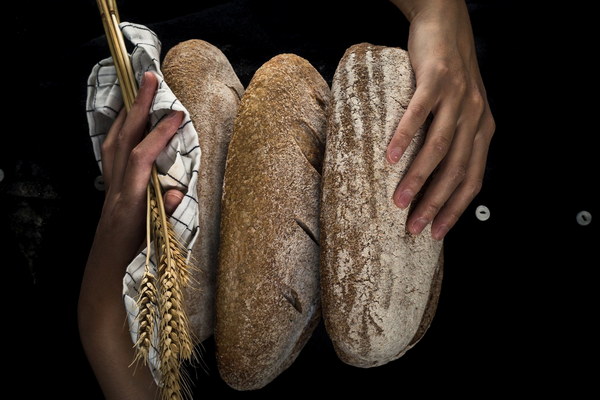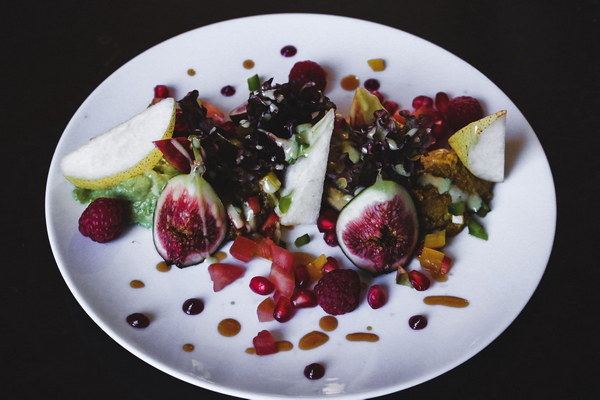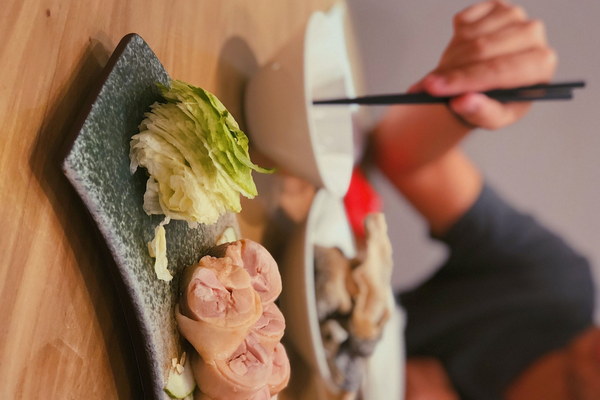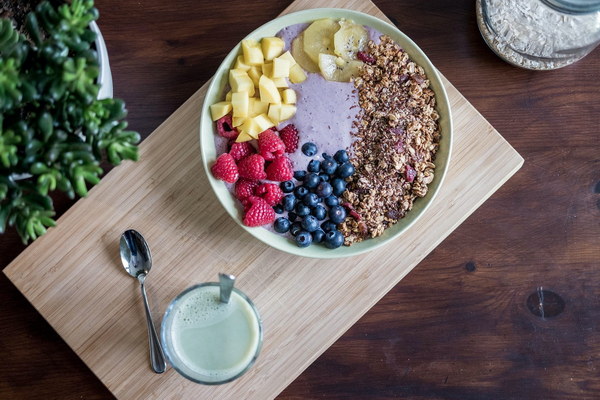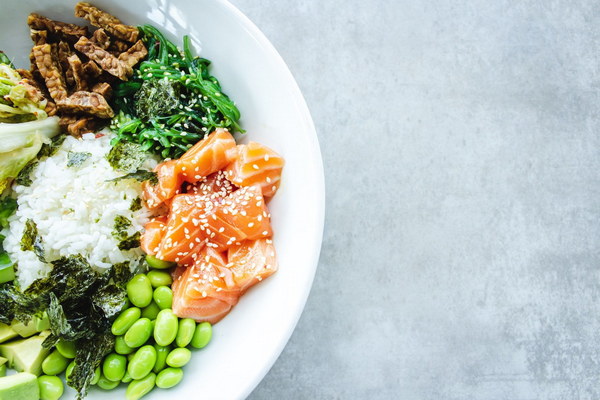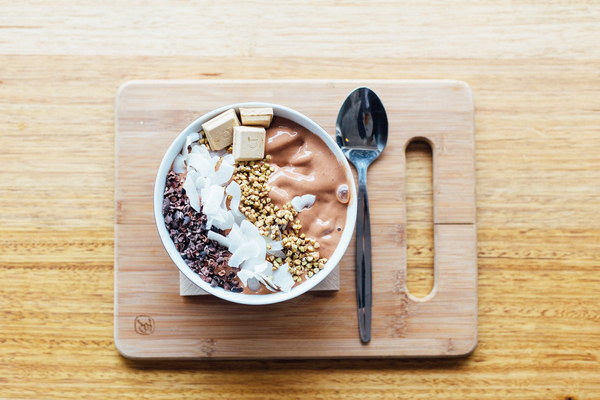Post-Menstrual Health A Guide to Nutritional Remedies for Body Recovery
Post-menstruation is a critical period for the body, as it undergoes a series of physiological changes to prepare for the next cycle. To ensure a smooth transition and promote overall health, it's essential to nourish your body with the right foods. This article provides a comprehensive guide to the best nutritional remedies to help you recover and rejuvenate after your period.
1. Hydrate with Water and Electrolytes
Water is crucial for maintaining fluid balance and aiding in the removal of toxins from the body. After menstruation, it's important to replenish the fluids lost during the cycle. To enhance hydration, consider adding a pinch of sea salt or a natural electrolyte drink to your water for a boost of essential minerals.
2. Consume Iron-Rich Foods
Menstruation can cause a loss of iron, which is vital for oxygen transportation in the blood. To counteract this, incorporate iron-rich foods such as lean red meat, poultry, fish, lentils, beans, tofu, and dark leafy greens into your diet. Pair these foods with vitamin C sources like oranges, strawberries, and bell peppers to enhance iron absorption.

3. Eat Calcium-Rich Foods
Calcium helps regulate the menstrual cycle and maintains bone health. Dairy products such as milk, cheese, and yogurt are excellent sources of calcium. If you're lactose intolerant, consider alternatives like fortified plant-based milk, almonds, and leafy greens.
4. Replenish Vitamin B12
Vitamin B12 is essential for red blood cell production and energy levels. After menstruation, it's important to include B12-rich foods in your diet, such as lean meats, fish, eggs, dairy, and fortified cereals. For a vegan option, consider nutritional yeast or B12-fortified plant milks.
5. Boost Omega-3 Fatty Acids
Omega-3 fatty acids are anti-inflammatory and can help alleviate menstrual cramps and bloating. Incorporate foods like fatty fish (salmon, mackerel, sardines), flaxseeds, chia seeds, walnuts, and hemp seeds into your meals.
6. Eat Complex Carbohydrates for Energy
Complex carbohydrates provide a steady release of energy and help maintain blood sugar levels. Opt for whole grains, legumes, starchy vegetables (like sweet potatoes and peas), and fruits to satisfy your carbohydrate needs.
7. Add Probiotics to Your Diet
Probiotics support gut health and can help regulate the digestive system. Foods rich in probiotics include yogurt, kefir, sauerkraut, kimchi, and kombucha. These can also help alleviate bloating and discomfort post-menstruation.
8. Incorporate Magnesium-Rich Foods
Magnesium is known for its ability to relax muscles, which can be beneficial for menstrual cramps. Foods high in magnesium include almonds, cashews, black beans, quinoa, and dark chocolate.
9. Stay Hydrated with Herbal Teas
Herbal teas can help soothe the body and provide relaxation. Chamomile, ginger, and peppermint teas are excellent choices. They can also aid in digestion and help alleviate bloating.
10. Eat Small, Frequent Meals
To keep energy levels up and prevent blood sugar spikes, eat small, balanced meals throughout the day. This approach ensures a steady supply of nutrients and energy.
In conclusion, post-menstrual nutrition plays a significant role in your body's recovery and overall health. By incorporating these nutritional remedies into your diet, you can support your body's natural healing process and feel rejuvenated as you prepare for the next phase of your menstrual cycle. Remember, individual needs may vary, so it's always a good idea to consult with a healthcare professional or registered dietitian for personalized advice.
